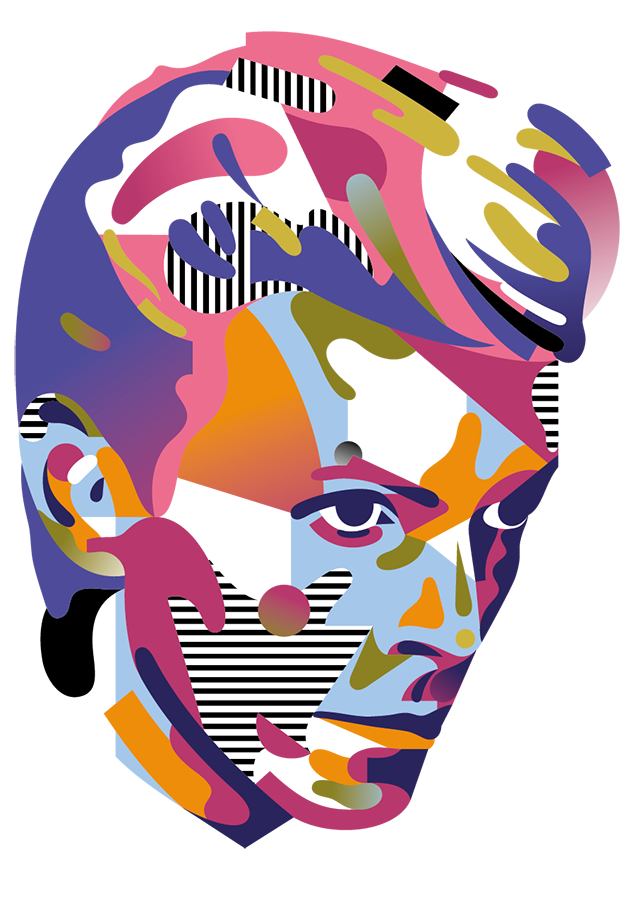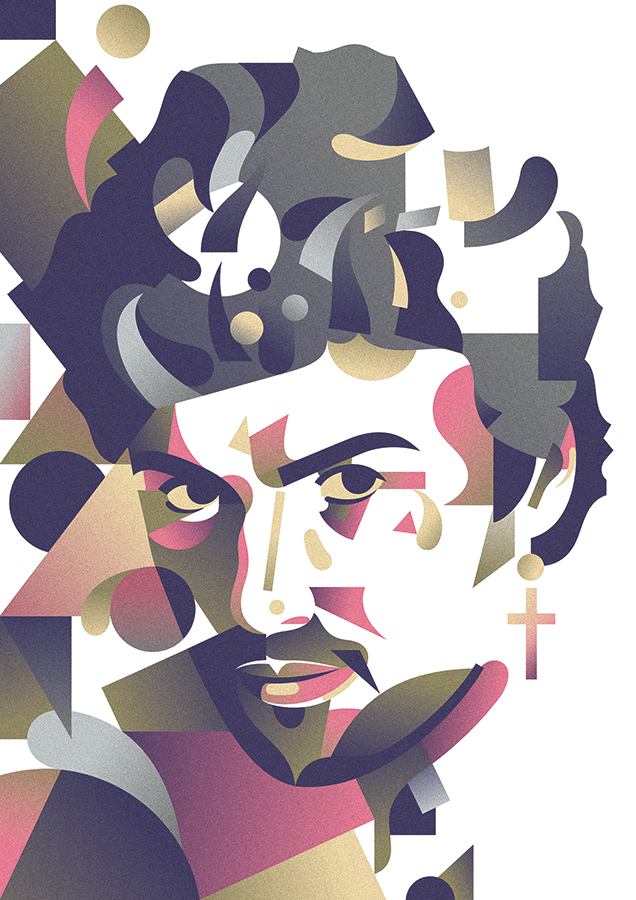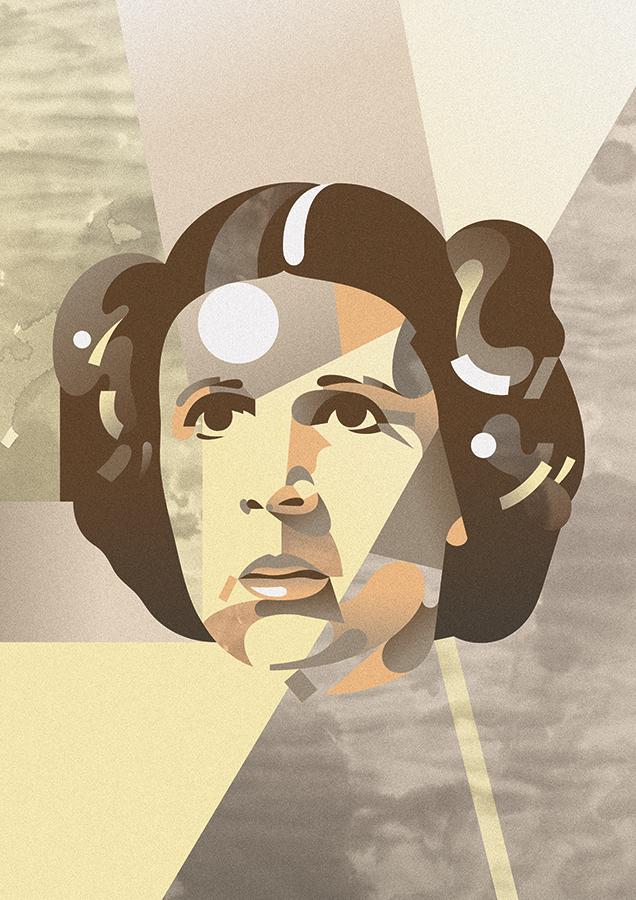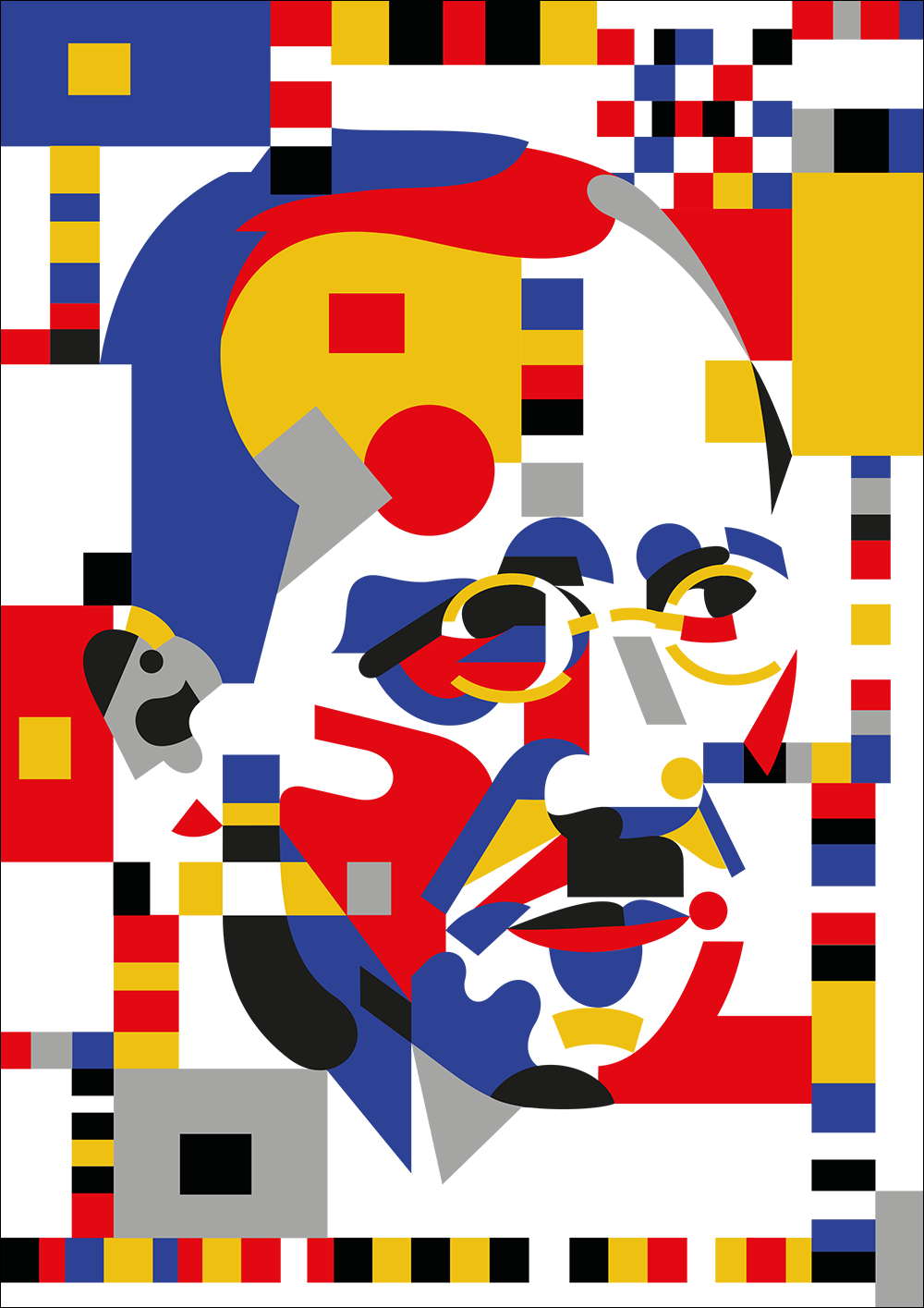Marking the 100th Anniversary of the movement ‘De Stijl’ (‘The Style’)

Founded in The Netherlands, proponents of De Stijl advocate pure abstraction and universality by a reduction to the essentials of form and colour.
2017 marks the 100 year anniversary of the art movement ‘De Stijl’ (Translated as ‘The Style’ in English); simplified visual compositions to vertical and horizontal, using only black, white, and primary colours.
De Stijl is also the name of a journal, published by the Dutch painter, designer, writer, and critic Theo van Doesburg. It served to propagate the group’s theories. Next to van Doesburg, the group’s principal members were the painters Piet Mondrian, Vilmos Huszár, Bart van der Leck, and the architect Gerrit Rietveld.

In celebration of the anniversary 2017 was named ‘De Stijl-year’ in The Netherlands. During De Stijl-Year, the project ‘De Stijl in de Stad’ (‘De Stijl in the City’) will pay tribute to the movement. Contemporary artworks will be installed throughout public spaces of Utrecht. Artworks will furnish various locations around the city, acting as enduring reminders and tributes to De Stijl, and its members. Works will be inspired by the movement, with the aim of enriching the cityscape and celebrating its impact upon contemporary art today.

Artwork by Daniël Roozendaal
‘De Stijl in de Stad’ asked Utrecht born artist Daniël Roozendaal to honour a selection of members from the movement, some of which came from Utrecht. Daniel created a limited edition series of A2 Risoprint portraits referencing elements of their respective, distinctive styles. For example, Mondrian, his famous ‘Victory Boogie Woogie’ painting. Rietveld, his famous ‘Red-blue chair’. And van der Leck, several of his abstract, fragmented paintings.

Daniël Roozendaal graduated with a BFA in illustration from the Utrecht Art academy. Since graduating he has been working as a freelance illustrator and artist. Roozendaal come to specialise in portraiture; initially specialising in capturing iconic celebrities who passed away (Johan Cruyff, Prince, David Bowie, etc.)
He combines both a hand-drawn and digital approach to creating his portraits. Researching a subject, print out several copy’s of him or her in a very low opacity, then trace out lighter and darker shapes, which are then scanned and digitalised. He then works in different layers, fine-tuning their abstraction through incorporating geometric and organic shapes, colours, gradients and patterns.











